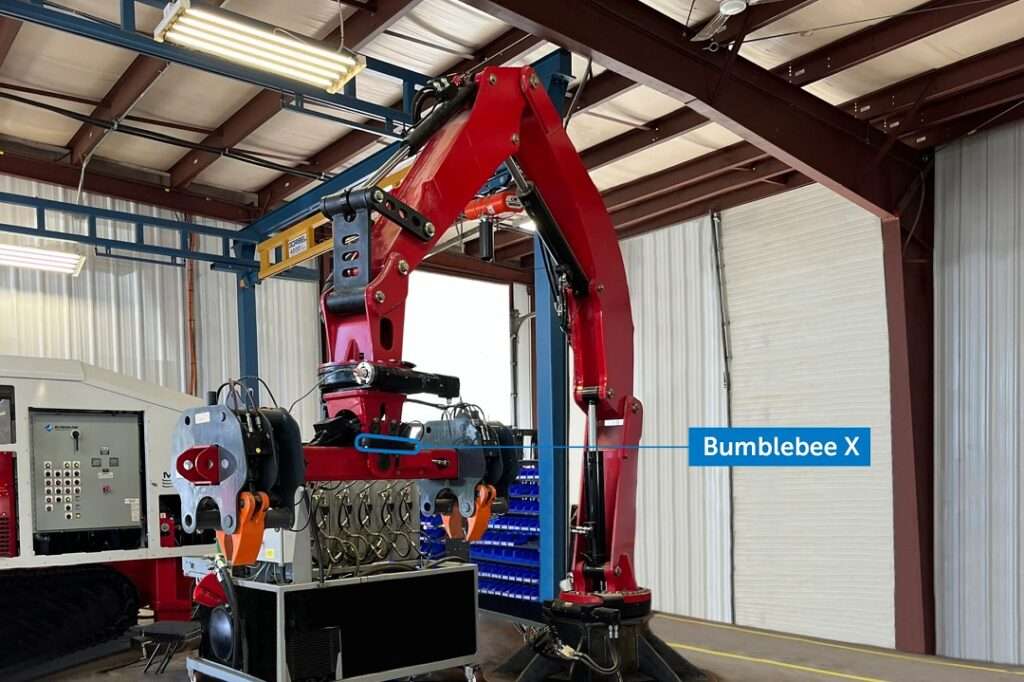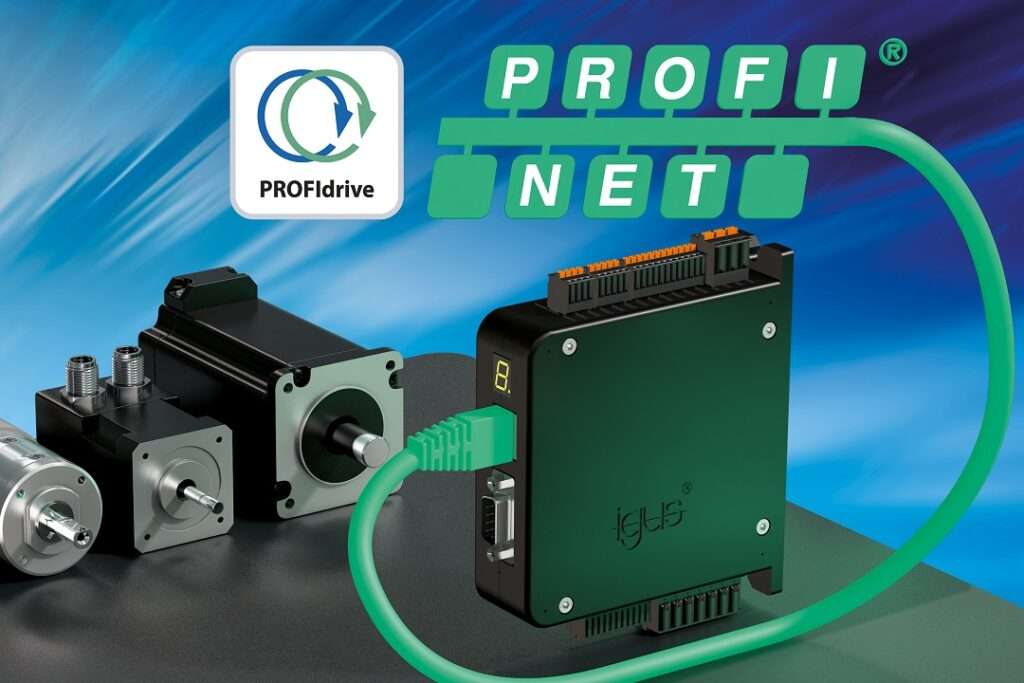Three subsidiaries of Tata Motors Ltd have collectively secured Rs 837 crore in long-term financing to support their electric bus operations, according to the company’s annual report. The funding, with a tenure of 8-10 years, is linked to Gross Cost Contract (GCC) projects secured by the subsidiaries—TML Smart City Mobility Solutions Limited, TML CV Mobility Solutions Limited, and TML Smart City Mobility Solutions J&K Private Limited. Additionally, banks have sanctioned fund-based working capital limits of Rs 50 crore.
GCC refers to contracts where Original Equipment Manufacturers (OEMs) receive a fixed payment per kilometer traveled by the buses, with government agencies handling fare collection. This contrasts with the Net Cost Contract (NCC) model, where OEMs also manage fare collection, taking on more financial risk. Both models require significant investment from OEMs.
Recently, Tata Motors’ Group CFO PB Balaji has advocated for an asset-light approach for OEMs. During a post-results call, Balaji emphasized the need for OEMs to focus on operational efficiency rather than owning the vehicles in government tenders. His remarks were in response to a tender by the Uttar Pradesh State Transport Corporation for 5,000 electric buses on an NCC basis. The corporation plans to deploy 50,000 e-buses over the next 4-5 years.
Balaji highlighted that under the NCC model, private operators bear the financial risk of fare collection and operational costs. He underscored the financial strain that owning such a large number of buses would place on OEMs. “Each e-bus costs around Rs 1 crore, so the total investment for 50,000 buses would reach Rs 50,000 crore,” he noted. “We don’t have the balance sheet of that size. No OEM will have a balance sheet of that size.”
Balaji warned that owning the buses could adversely impact OEMs’ financials and stock prices. “The entire returns metrics goes out of the window, and that would see pressure on the stock prices. So we have to be careful about that,” he added.
His comments bring attention to the ongoing debate over risk allocation in India’s electric bus rollout. While the government aims to accelerate the adoption of electric buses, OEMs are wary of the large upfront investments and operational risks associated with vehicle ownership.
Tata Motors’ strategic financing and Balaji’s advocacy for an asset-light approach reflect the complexities and challenges in scaling up electric bus operations in India. The company’s focus on securing long-term funding and emphasizing efficient operations indicates its commitment to contributing to the nation’s electric mobility goals while managing financial risks effectively.








